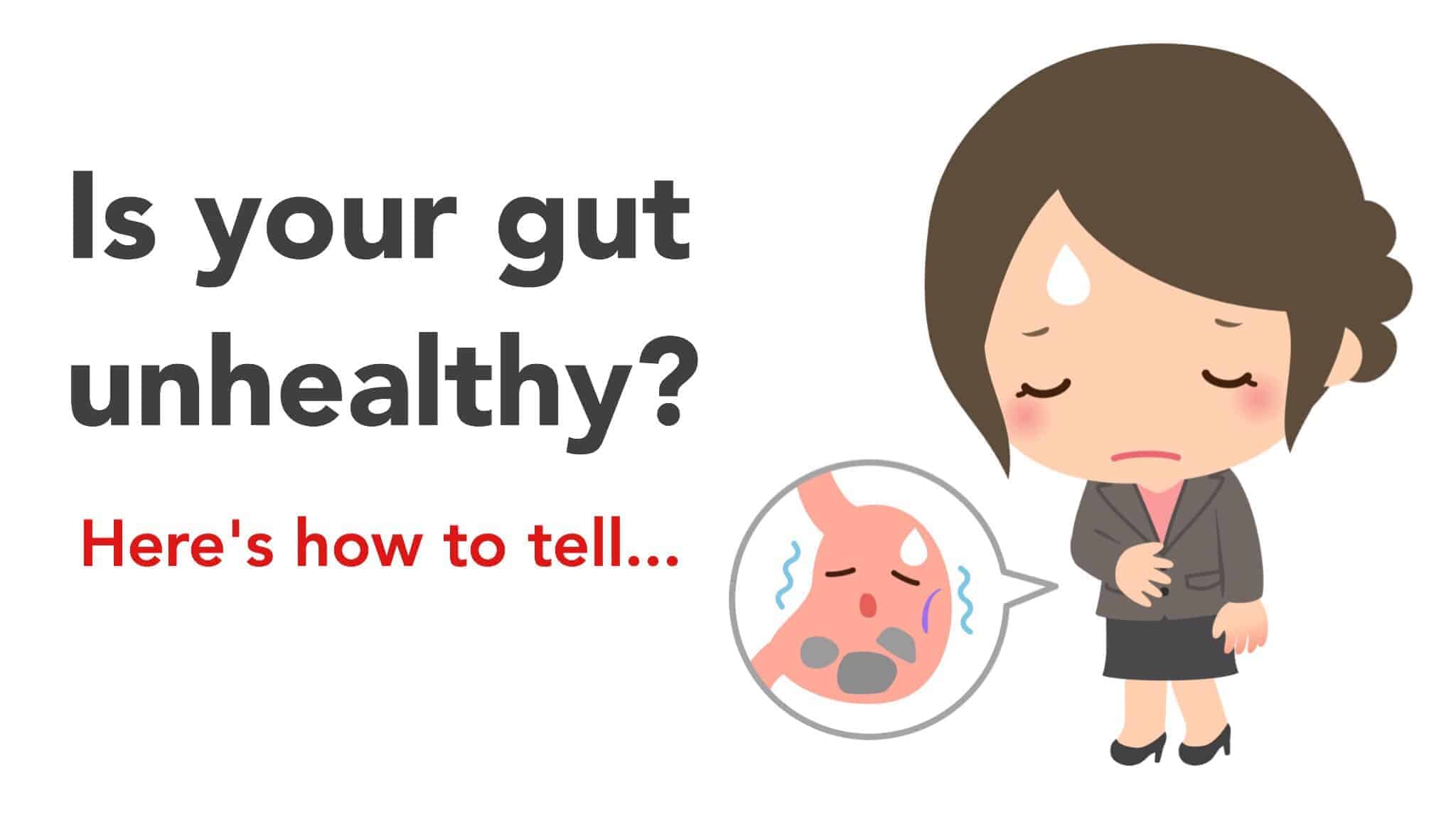The esophagus, intestines, mouth, and stomach are constituent parts of the gastrointestinal (GI) system, or gut. The gut’s primary tasks are to process food, absorb nutrients, regulate the immune system, and balance the GI’s mix of bacteria.
As recently as a few years ago, scientists and others in the medical community had a somewhat limited perspective on the gut’s effects on our overall health. However, a proliferating amount of research has linked problems with the gut (e.g., “leaky gut syndrome”) to a number of health issues, from allergies to rheumatoid arthritis.
Today, most experts within the medical community affirm the tremendous impact that a properly functioning gut has on our general health and well-being. This consensus can be attributed to a more thorough understanding of the human microbial system, or microbiome.
The Genetics Science Learning Center at the University of Utah describe the “micro-interactions” of microbes:
“Microbes interact in communities, and they respond to their surroundings. Just like organisms in the Earth’s ecosystems, our microbial populations shift than their environment changes…manipulating these interactions may help doctors understand and manage diseases.”
Our gut contains a disproportionately high amount of microbes, and they are essential to combating illness-causing agents such as bacteria and viruses. As such, preserving your gut health is one of the best ways to maintain a healthy mind and body.
Here, we talk about 10 signs of a possibly unhealthy gut:
1. Feeling anxious, dejected or depressed
On the surface, it seems odd to link our gut with emotions.
But did you know that 70 percent of your body’s serotonin is found in your gut? Low levels of serotonin have been linked to unstable mood, depression, and physiological functions such as digestion (of course), eating and sleeping.
2. Craving sugar-loaded foods
Leptin and ghrelin (what?) are proteins that act similarly to hormones that stabilize appetite – and our gut bacteria secrete a lot of them.
These proteins influence our food cravings; so if you eat lots of sugar, the bacteria adapt to this unhealthy type of sustenance. As a result, your gut will desire it’s daily dose of sugar.
Correcting these problems can eliminate bacteria that cause sugar cravings.
3. Pre-diabetes or diabetes
In a study published in the journal Endocrinology Connections, three Russian scientists demonstrate a connection between large intestine microbiota and the presence and potential development of type 2 diabetes.
Some gut bacteria incite an immune response that “cause inflammation throughout the body, including liver and fat cells that can affect overall metabolism and liver sensitivity.”
4. Skin problems
Skin rashes and the chronic skin condition eczema may suggest a problem in the gut; specifically, an imbalance in “good” bacteria. Leaky gut, a condition where excess foods “escapes” the gut rather than being digested, can provoke inflammation and suppress the immune system.
Inflammation, of course, is most evident on the skin’s surface.
5. Digestive troubles
A no-brainer, right?
Acute gut problems such as bloating, diarrhea, and gas can signify an imbalance in gut bacteria. Irregular bowel movements or gas may indicate low levels of stomach acid, adversely affecting your ability break down foods.
6. Autoimmune disease or suppressed immunity
Leaky gut and gluten intolerance are often cited as catalysts for autoimmune conditions. Gut problems can manifest into acute and chronic medical conditions.
“There is growing evidence that increased intestinal permeability plays a pathogenic role in various autoimmune diseases including celiac disease and type 1 diabetes,” says mucosal biologist, Dr. Alessio Fasano.
7. Food allergies or increased food sensitivity
Food intolerances (e.g. lactose intolerance) are almost always the byproduct of a leaky gut. Remember that a leaky gut will not properly digest all food. Instead of staying within the closed loop of the gut, the food permeates the intestines and enters the bloodstream.
Related article: This Two Ingredient Remedy Can Flush POUNDS Of Waste From Your Intestines
When this food “escapes,” the body interprets it as a threat and initiates an immune response. Developing or worsening food allergies, and sudden sensitivity to certain foods may indicate a problem.
8. Bad breath
Halitosis is the medical term for chronically bad breath. A microbial imbalance can transport to other areas of the body, including the mouth. Disparities or fluctuations in gut flora make the body increasingly susceptible to conditions that cause bad breath (e.g., kidney disease or diabetes).
9. Difficulty sleeping or insomnia
Troubles falling and staying asleep indicates some chemical imbalance in the brain. As mentioned, our gut stores and regulates serotonin. Indeed, it is an essential neurotransmitter for inducing and regulating sleep patterns.
When serotonin is lacking or out of balance, it can lead to bouts of insomnia or difficulty getting to sleep.
10. Fluctuating weight
Some gut bacteria promotes weight loss, and not of the good kind. Excess amounts of microbes within the small intestines, for example, can disrupt the absorption of fat, minerals and vitamins. In contrast, some bacteria causes weight gain by taking in more calories from food. It’s not uncommon for a person with a gut problem to see inexplicable changes to their weight.
















